The laboratory has an opportunity to be leaders in healthcare when it comes to addressing the needs of the LGBTQ+ community. Education, understanding, and compassion at both the institutional and individual levels is necessary to ensure the continuation of providing high-quality patient care. Check out the articles below to learn more about how pathologists and medical laboratory scientists are fostering these qualities to create a better experience for the LGBTQ+ population.
The laboratory touches every patient in a healthcare setting, and understanding the needs of different patient populations is critical to ensuring pathologists and laboratory professionals are providing high-quality care. Critical Values spoked to experts who are helping the laboratory lead in providing high-quality care for transgender and gender non-conforming patients.
Care for transgender and gender-expansive patients is a prominent issue in healthcare today. While health disparities, stigmas, and other barriers to care for these patient populations are works-in-progress with many hurdles to overcome, over the past decade there have been some strides in improving care for this community in healthcare generally, and at the laboratory level.
Requesting or obtaining a standard laboratory test for a health concern might seem like a basic task for most people. For transgender patients, something as seemingly simple as requesting or obtaining a standard laboratory test for a health concern can be a big challenge. The laboratory can be a leader in educating staff, updating information systems, and finding creative workarounds to better serve this population.
"Understanding cytomorphologic changes in Pap tests of transgender men on testosterone therapy"
"When gender goes awry in electronic health records"
Microscopic Features of Vaginectomy Specimens from Transgender Patients
Integrating Transgender Medicine Curriculum in Medical Laboratory Sciences
"Keeping Abreast of the Times," Lablogatory
"Challenges in Transgender Healthcare: The Pathology Perspective," Lab Medicine
Inside the Lab Podcast: Transgender Pathology
"Challenges in Transgender Healthcare: The Pathology Perspective," Laboratory Medicine
Understanding and compassion at both individual and institutional levels is needed to better address the healthcare needs of the LGBTQ+ community. During Pride Month in 2022, members of the LGBTQ+ laboratory community shared their thoughts and experiences in healthcare, and what we can do to create an inclusive environment for patients and members of the healthcare workforce.
Read the Q&As below!
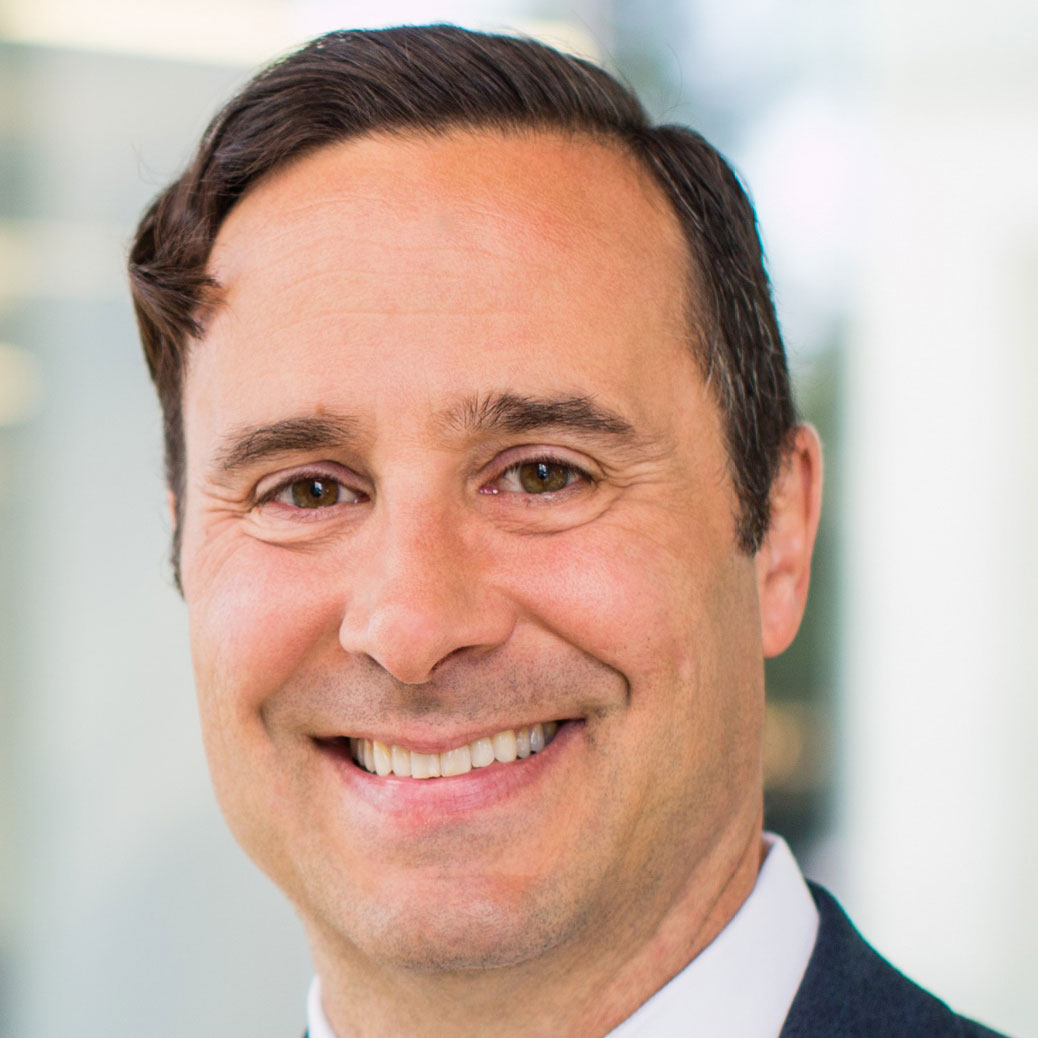
As a member of the LGBTQ+ community, Ronald Balassanian, MD, has seen how far healthcare has come in terms of acceptance of LGBTQ+ people, but notes that there is still much work to be done. Here, Dr. Balassanian shares his insight and more.
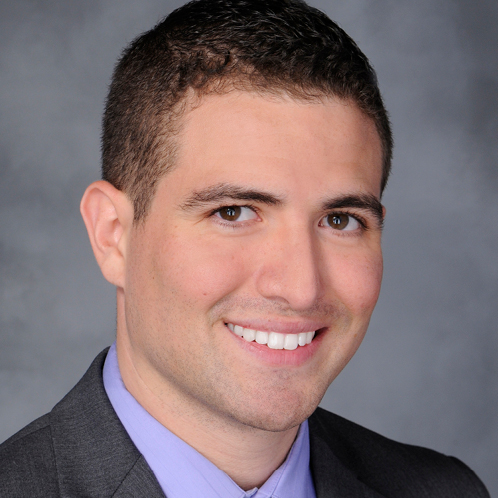
liff Sullivan, MD, FASCP, F(ACHI), understands that for patients, there are still barriers to acceptance, and subsequently LGBTQ+ patients are not always receiving the high-quality care they need. Here he shares his thoughts on inclusion and awareness, and how that translates to a healthier society overall.
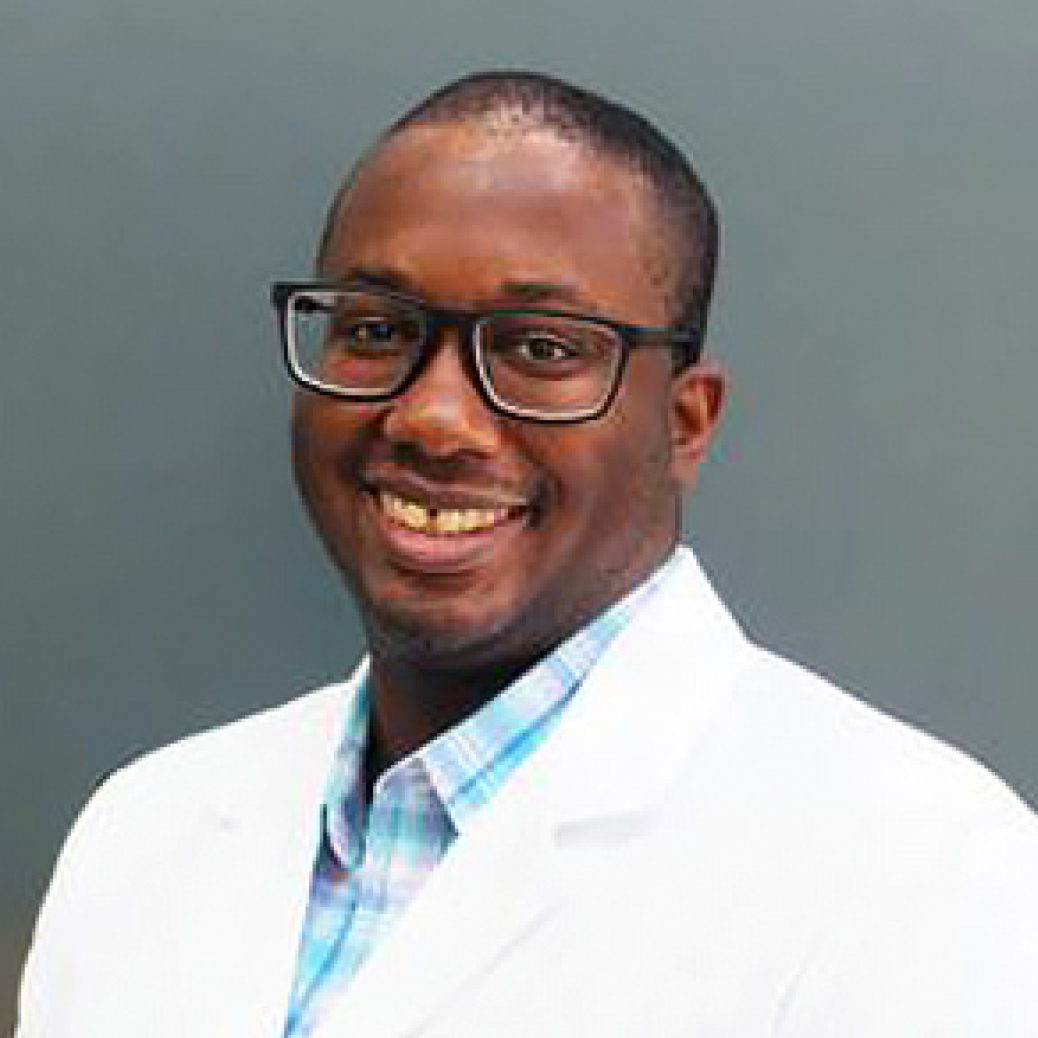
Michael Williams, MD, MSc, FASCP, found strength in allies that enabled him to come out to himself and others. He shares a personal essay about the challenges he's faced and how being part of the laboratory community continues to help him move forward.
Addressing the healthcare needs of the LGBTQ+ community requires education, understanding, and compassion both at the institution and individual levels. Fostering these qualities helps create an environment for patients and members of the healthcare workforce where diversity and inclusion is both respected and expected. For LGBTQ+ Pride Month in 2021, members of the LGBTQ+ community shared their thoughts and experiences in healthcare, and how we can provide more equitable care for all.
Read the Q&As below!
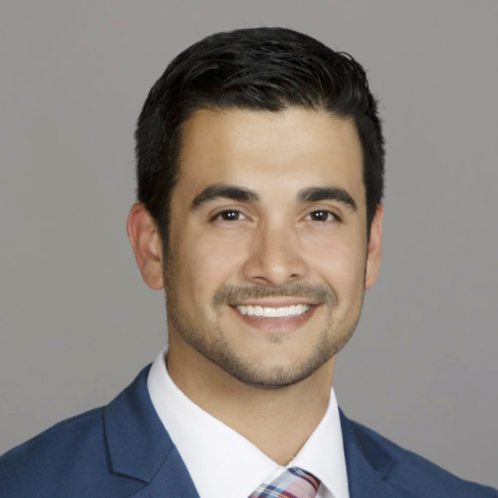
Seeking opportunities to educate healthcare systems and their employees on the needs of the LGBTQ+ community is a step toward providing better care. Cristian Lozano, MLS(ASCP)CM, shares his thoughts in this Q&A.
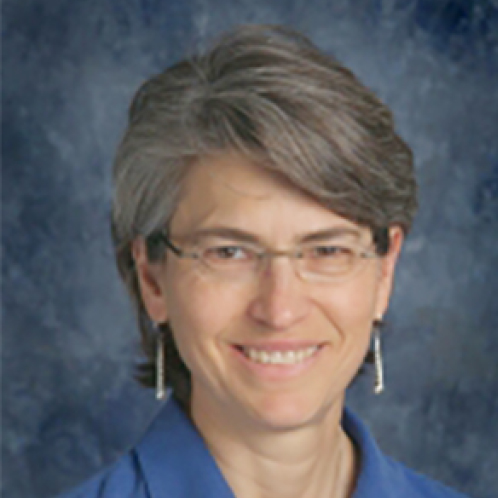
Without affordable, accessible healthcare, it is impossible to provide equitable care for everyone. Emma Furth, MD, shares her thoughts in this Q&A.

Understanding the diverse needs of the LGBTQ+ community is critical to providing high-quality care. Julie Papango, MLS(ASCPi)CM, shares her experience and insight.
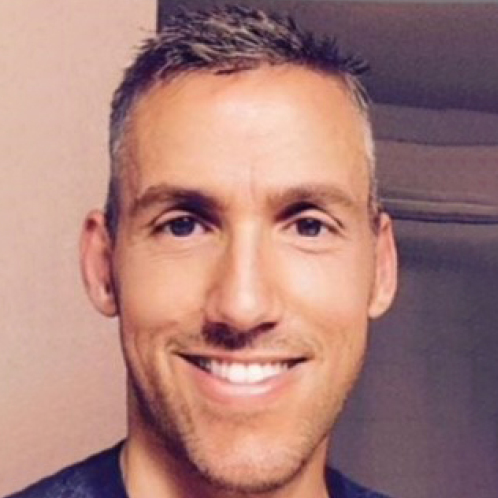
Working in healthcare, Rory Huschka, MEd, MT(ASCP), has learned a lot of lessons, but the one he lives every day is to treat others how he would like to be treated, and be present for the patient in front of him in order to provide the best quality care. He shares his insight in this Q&A.
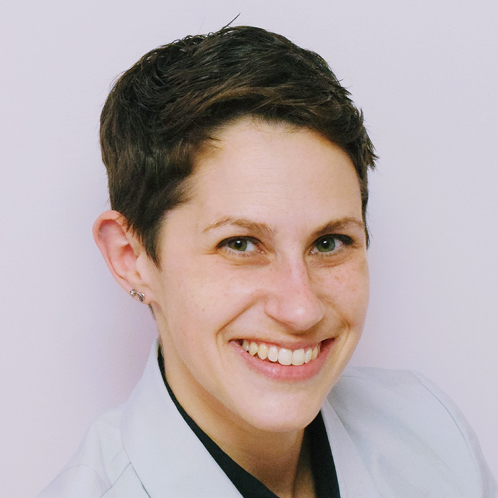
Encouraging providers to talk to LGBTQ+ patients about their needs helps foster a relationship. Theresa Tellier-Castellone, EdD, MPH, MLS(ASCP), shares her thoughts.